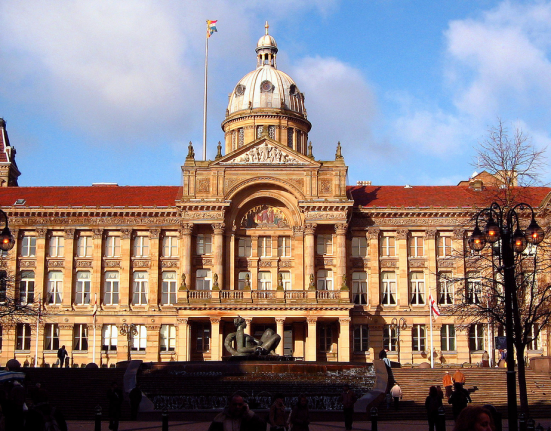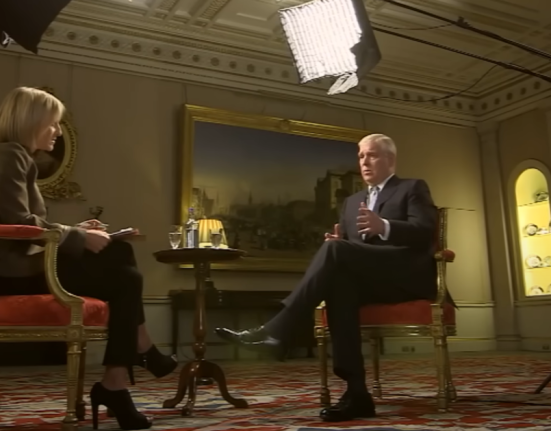Rachel Reeves must choose between pain now or panic later
Rachel Reeves is learning the cruel truth every chancellor faces: credibility comes at a cost.
The reports that she is preparing a tougher-than-expected Budget – one that combines deeper spending cuts with fresh tax rises – mark a decisive, if politically perilous, turn in Labour’s economic strategy.
On paper, Reeves’ argument is sound. Britain’s public finances are brittle, gilt markets jittery, and productivity growth stagnant.
The Treasury’s fiscal buffer – the thin margin of safety that keeps the UK from breaching its own borrowing rules – has shrunk to under £10 billion, barely enough to withstand a moderate downturn.
The prospect of a £20-30 billion shortfall from downgraded growth forecasts has only heightened the danger.
Credibility over comfort
Reeves appears determined to confront this problem head-on. Her allies say she wants to “get the difficult decisions out of the way now”, creating headroom that reassures markets and gives her flexibility later in the parliament.
That may please the bond giants – Pimco and BlackRock have already urged the Treasury to build a stronger fiscal cushion – but it will test the patience of voters who were told last year’s £40 billion tax package was a one-off.
The political risk is obvious. After years of sluggish growth, high inflation and real-terms pay squeezes, the public appetite for another round of austerity is vanishingly small. Yet doing nothing could be even costlier. Reeves knows that fiscal credibility, once lost, is hard to recover – just ask Kwasi Kwarteng.
A precarious balancing act
Her challenge is to strike a balance between fiscal prudence and political realism. Too much austerity and she risks repeating George Osborne’s mistakes: choking growth to appease the markets. Too little, and the gilt markets will punish her.
Yields on 10-year UK government debt have already climbed to 4.7 per cent since Labour’s election victory, raising the cost of borrowing and eating into her room for manoeuvre.
There are few easy wins here. Raising taxes risks slowing investment, while cutting public spending means eroding already strained services. The only durable way out is through growth – and that remains the weakest link in Britain’s economic story.
The test of leadership
What Reeves decides next month will define not just her tenure but Labour’s economic reputation for years to come. Building a fiscal buffer may be the responsible move, but it will be politically brutal.







